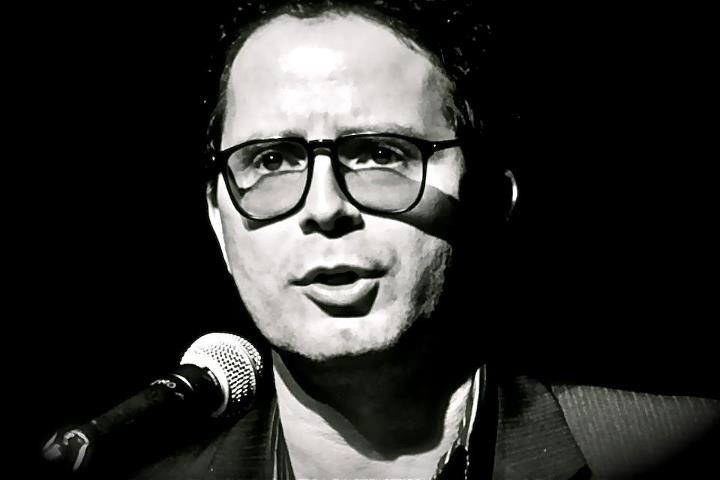 Tensions Building Over U.S. Colombia Free Trade Agreement in the Midst of Presidential Transition
Tensions Building Over U.S. Colombia Free Trade Agreement in the Midst of Presidential TransitionWith Democratic leaders in Congress hinting that they will hold a lame-duck session of Congress in the coming days to address the country's financial crisis, another economic stimulus package, and a rescue deal for the ailing US automobile industry, there is some concern that the House and the Senate might go back on its promise to nix the U.S.-Colombia Free Trade Agreement on human rights grounds because of ongoing pressure from US corporate interests and Colombian government lobbying efforts.
In Monday's White House meeting between President George W. Bush and President-elect Barack Obama, the unpopular Republican told his Democratic counterpart that any rescue package for GM, Ford or Chrysler would be contingent upon Congress' willingness to accept and approve the controversial trade deal with Colombia. This led some Democratic leaders, including Obama's recently picked Chief of Staff Rahm Emmanuel to say there was no connection between the two issues, and the the trade deal was indeed not a priority for the current Congress.
Meanwhile, in Colombia, President Alvaro Uribe has been playing his cards very carefully, trying to appear content with Obama's historic victory so as not to alienate the soon to be President any more than he already has, while openly lobbying for US FTA's passage in the next few weeks. He was recently in Mexico, urging the Mexican President to put in a good word for his government when he meets with officials in Washington next week. Time is running out for Uribe, and with the outcome of the US election, he can no longer count on a friendly White House to push forward the trade agreement that, along with his "democratic security strategy," has been his primary obsession for the six years he's been in office.
We must not forget that during the U.S. Presidential campaign, the conservative Uribe welcomed Senator John McCain with a highly publicized embrace in the coastal city of Cartagena in July. He clearly considered the Republican presidential candidate as a sure-fire continuation of the current Bush Administration, which has described the Colombian President as Washington's best friend in the hemisphere. President Uribe even stooped so low as to meet with Sarah Palin in New York during the UN General Assembly sessions, not at all concerned about being a political pawn for the Alaska Governor's attempt at making herself appear to be competent in foreign policy issues. It made front page headlines in Colombia, making some analysts here cringe with shame!
 Up to now, there is reason to believe the Democrats will stand strong in their opposition to the Free Trade Agreement, although it should not hinge solely on the issue of violence against trade unionists in Colombia, a position expressed eloquently by Obama in the last Presidential debate held in NY a few weeks before the election.
Up to now, there is reason to believe the Democrats will stand strong in their opposition to the Free Trade Agreement, although it should not hinge solely on the issue of violence against trade unionists in Colombia, a position expressed eloquently by Obama in the last Presidential debate held in NY a few weeks before the election.As the transition team makes its preparations in Washington, a massive popular mobilization is making its way to Bogotá, led by the indigenous movement, but including a broad cross section of other social groups in the country, to protest not only against the FTA, but a number of other key issues that point to the contradictions in the Uribe government, and his cozy relationship over the last few years with the Bush White House. The popular Minga, as it is called, began on October 11th, so it is now in its second month, despite an almost complete blackout in the US media.
One of those issues the movements are protesting is the militarization of Colombia through the multi-billion dollar aid package known as Plan Colombia, which has resulted in limited progress in the fight against narco-trafficking while exacerbating in many ways the human rights crisis on the ground. Will Obama address these concerns more vocally in the coming months in the midst of the large lobbying effort on the part of the Uribe government? Only time will tell.
Here is a very good article posted on IPS which outlines some of these concerns and issues. I share it with you in the spirit of shedding more light on the debate over the future of the FTA, and how Barack Obama might deal with Colombia policy once he enters the White House on January 20th, 2009. I'll have more on the Indigenous and Popular Minga later on.
COLOMBIA-US: Will Democrats Bury Free Trade Deal? (FROM IPS)

No comments:
Post a Comment